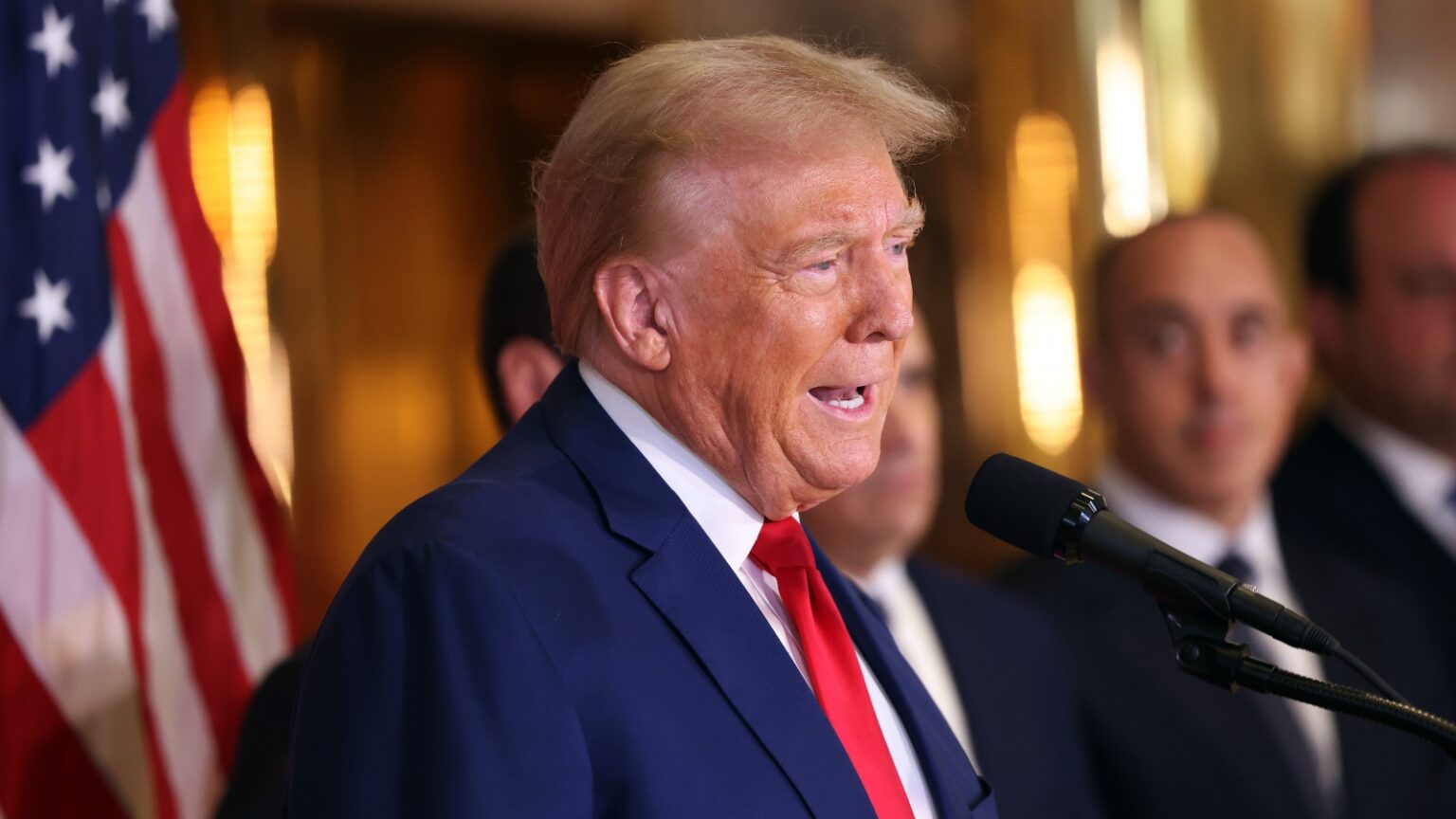Several high-ranking Secret Service agents are stepping down as the agency braces for the release of a highly critical internal investigation into the July 13 assassination attempt on former President Donald Trump. The attempt, which left three injured and resulted in the death of retired firefighter Corey Comperatore, has sparked multiple investigations and serious questions about the agency’s preparedness.
According to sources cited by the Washington Post, the investigation will fault the Secret Service for multiple failures, including poor communication with local law enforcement and insufficient security at the event, particularly regarding the rooftop from which the gunman, Thomas Matthew-Crooks, fired at Trump. Local police have since criticized the Secret Service for skipping a key briefing and failing to sync up with local law enforcement radios, leaving officers out of the loop during the assassination attempt.
The fallout has already begun within the Secret Service. Mike Plati, assistant director of the Office of Protective Operations, officially retired on Friday, with more high-profile resignations expected. John Buckley, a senior official overseeing public event security, is also set to retire, according to an internal agency email. A senior agent from the Pittsburgh field office, responsible for the event’s security, will also be stepping down.
The agents directly responsible for Trump’s protection on July 13 have been placed on administrative leave, and former Secret Service Director Kim Cheatle resigned just a week after the shooting.
The internal investigation findings are expected to be damning. Senator Richard Blumenthal (D-CT) hinted earlier this week that the American public will be “shocked” by what the investigation reveals. He expressed outrage at the “numerous failures” that endangered the former president’s life.
One key failure reportedly involves the agency’s radio room, which was unable to monitor real-time threats or receive alerts from local law enforcement. Despite rally attendees alerting police to a suspicious man on a nearby rooftop, the Secret Service did not act swiftly enough. A police officer who confronted Crooks was forced to retreat when the gunman aimed his rifle at him, leaving Crooks free to fire his weapon.
The investigation is expected to reveal that local police informed the Secret Service about Crooks, but the information wasn’t passed along to agents protecting Trump. Instead, counter-snipers were instructed to take a photo of the gunman and monitor him, rather than immediately neutralize the threat.
Acting Secret Service Director Ronald Rowe has acknowledged “numerous errors” in the agency’s response. In a statement, Rowe admitted that the Secret Service’s setup on July 13 was deeply flawed and that a full agency review is underway. Rowe warned that improving security measures will be costly, noting that the agency cannot continue its “zero fail mission” without additional resources.
“The Secret Service cannot operate under the paradox of ‘zero fail mission’ while also making our special agents and uniformed division officers execute a very critical national security mission by doing more with less,” Rowe told the Washington Post.
As the Secret Service faces increasing scrutiny, the upcoming release of the internal investigation will likely determine the agency’s future and prompt widespread changes in its protection protocols. With multiple congressional and independent investigations also ongoing, this marks a pivotal moment for the security agency tasked with protecting the nation’s leaders.
